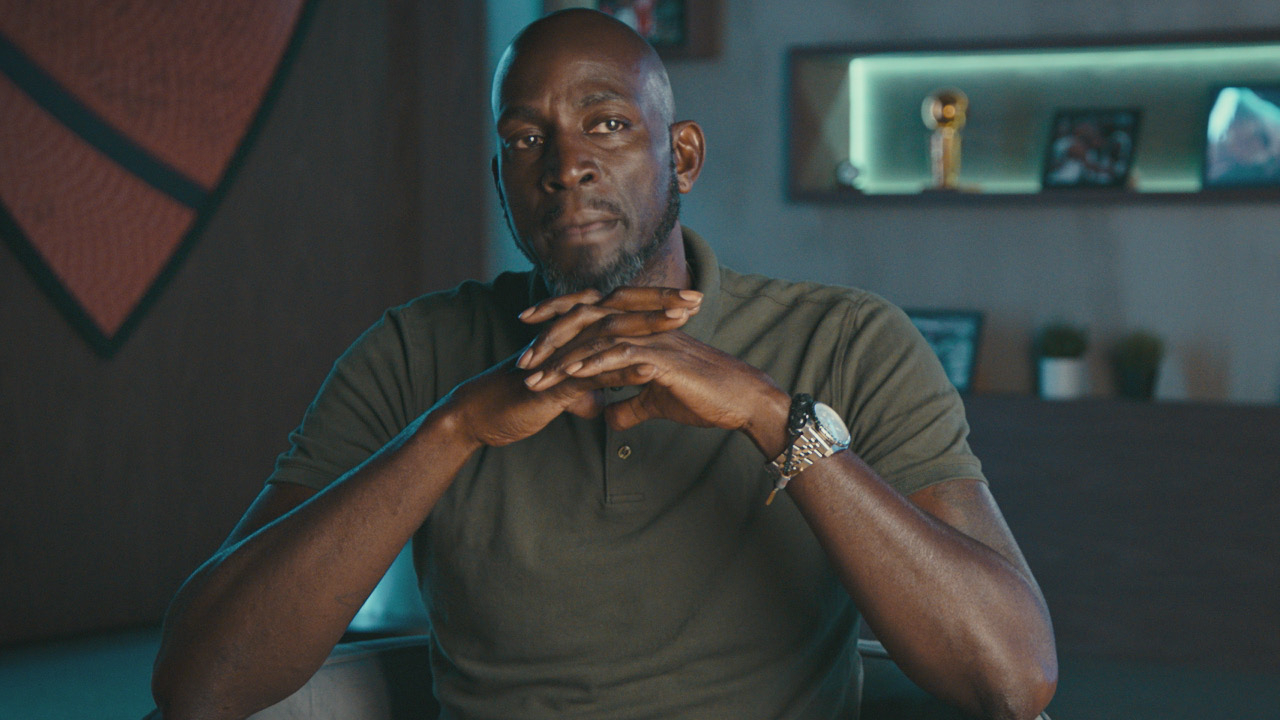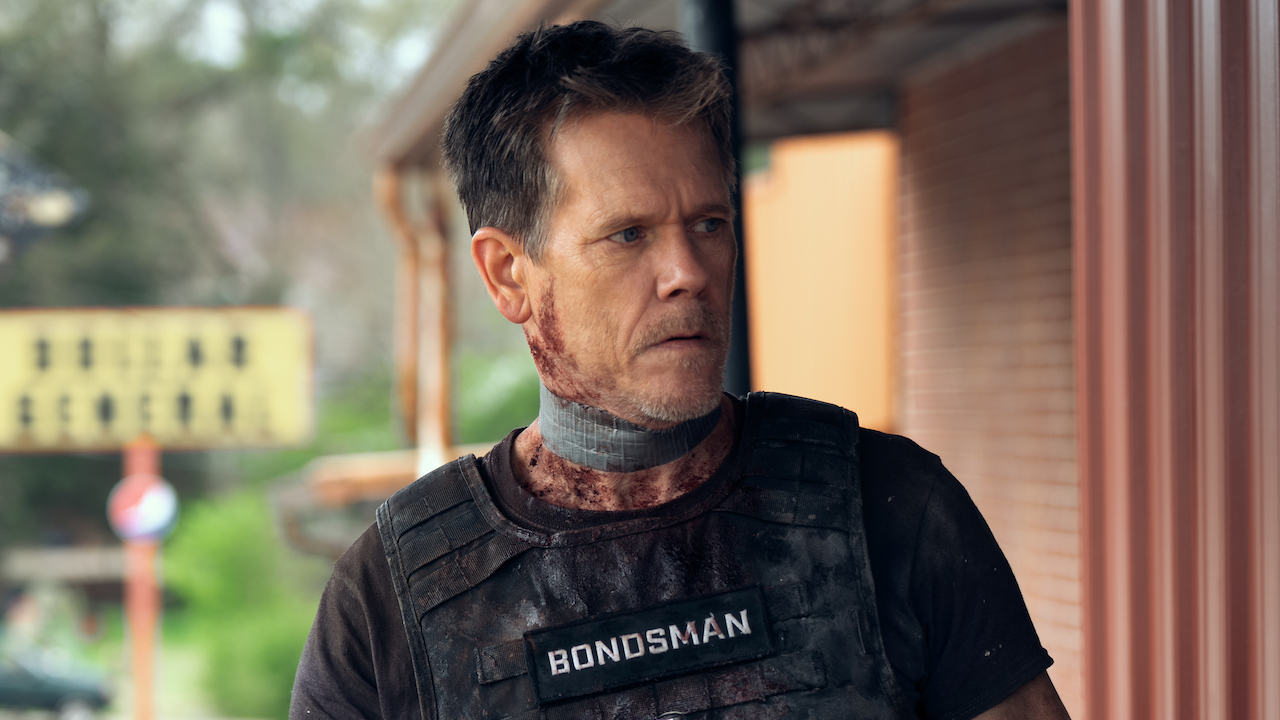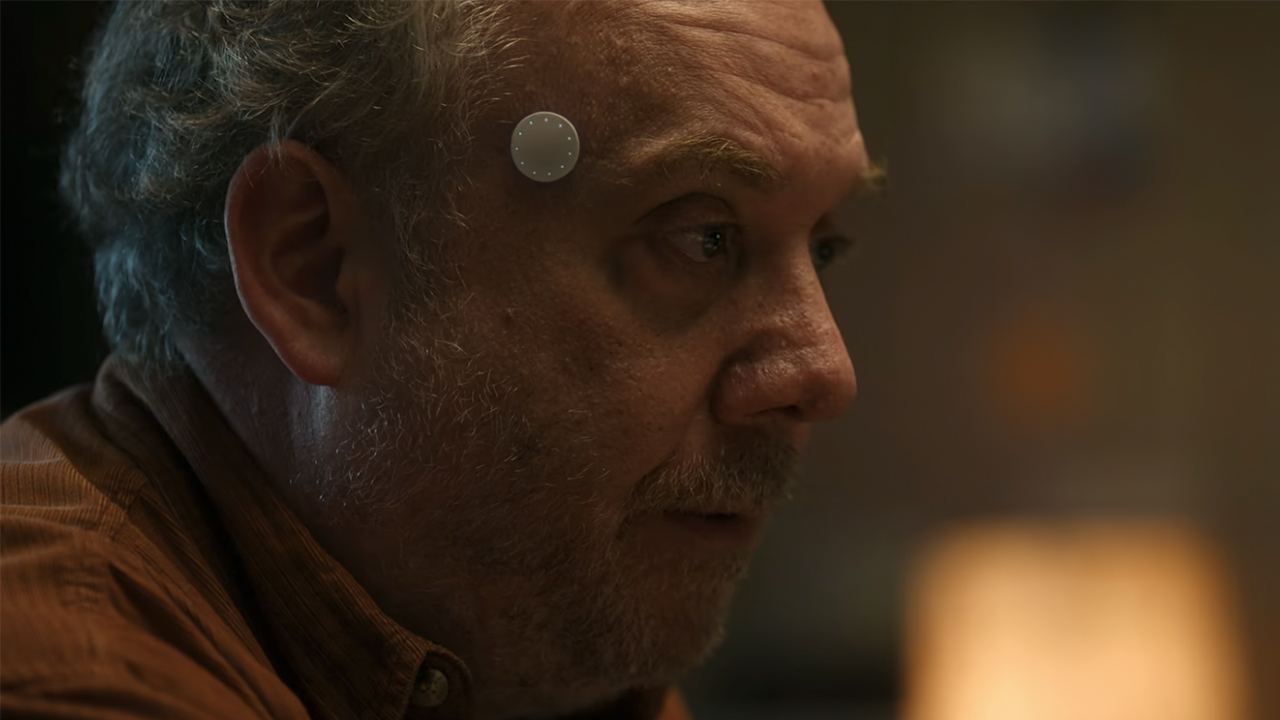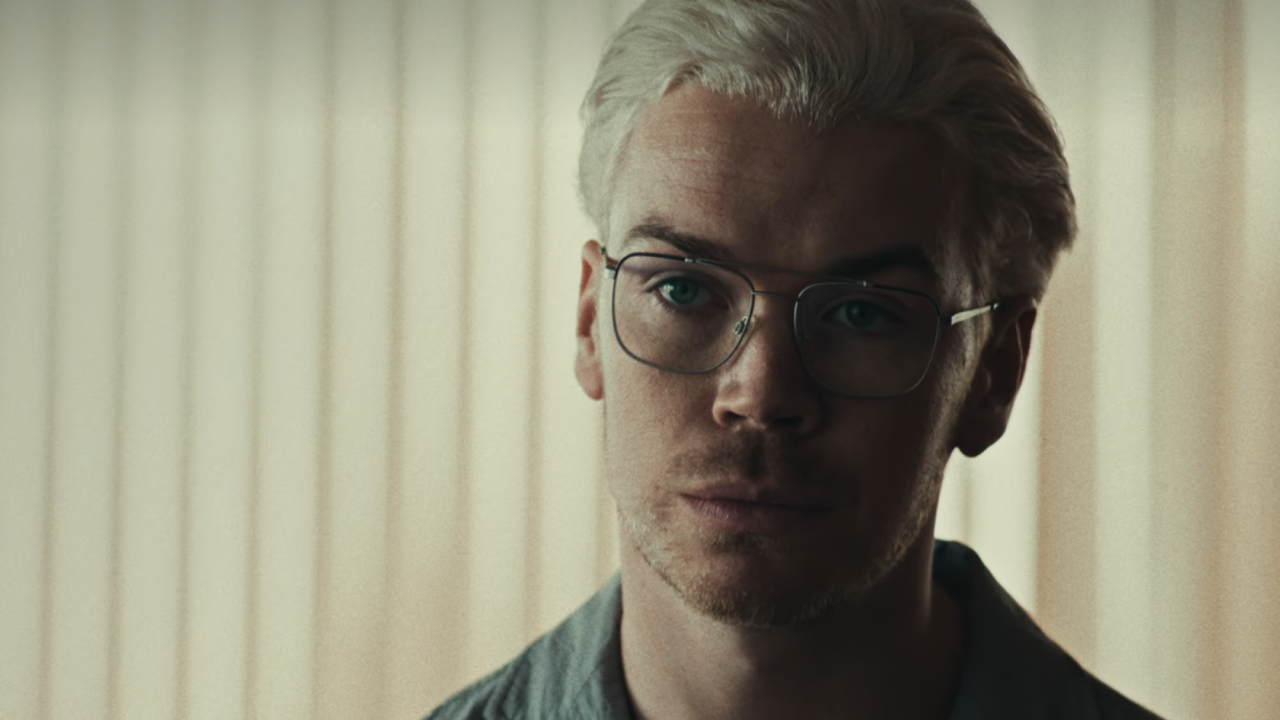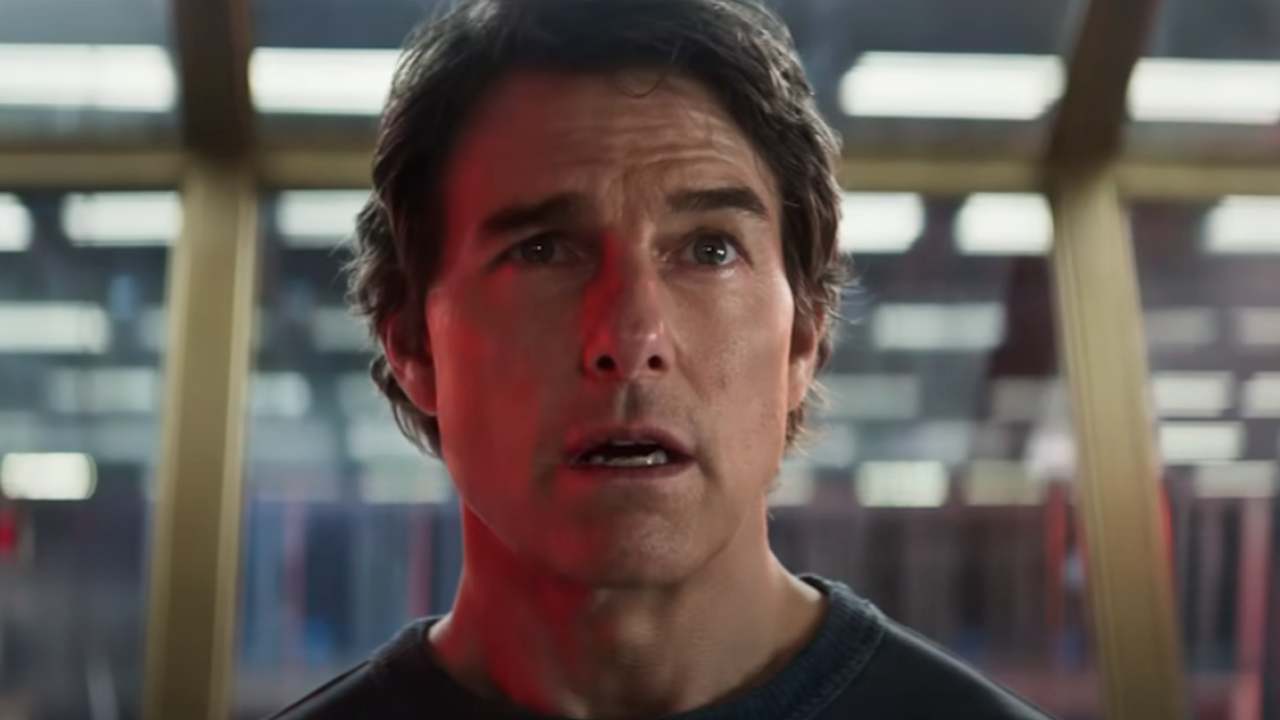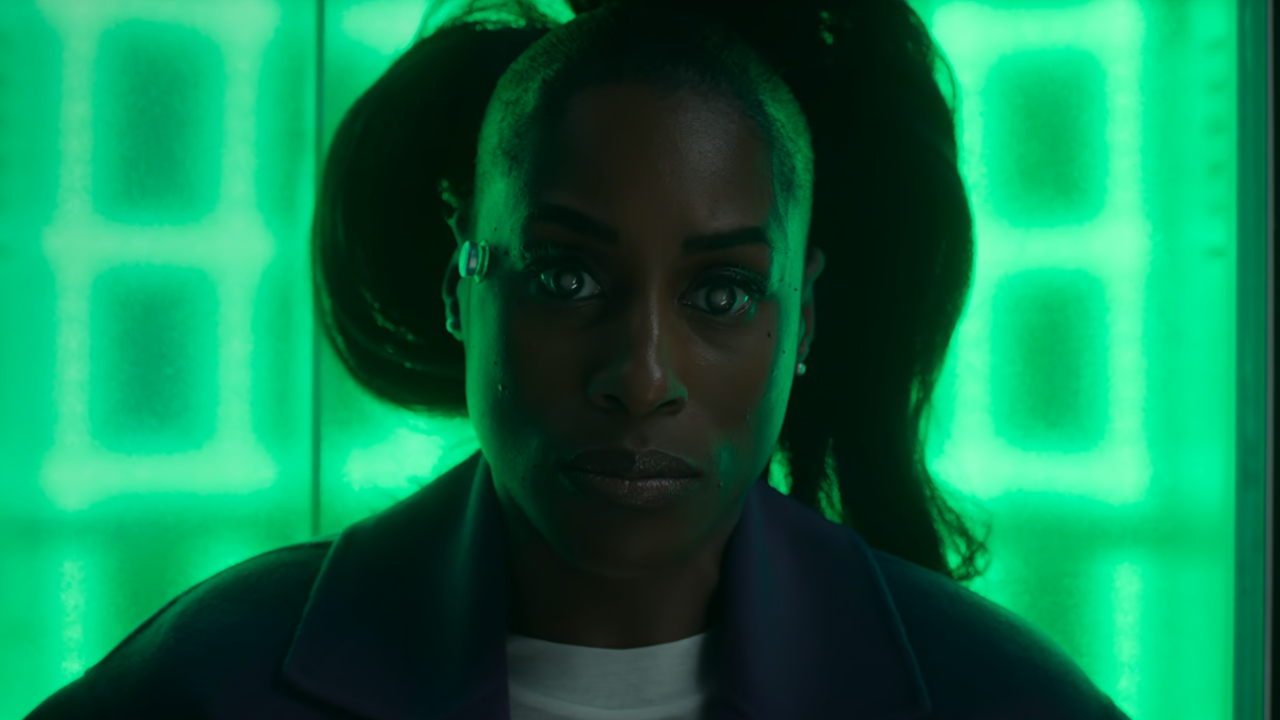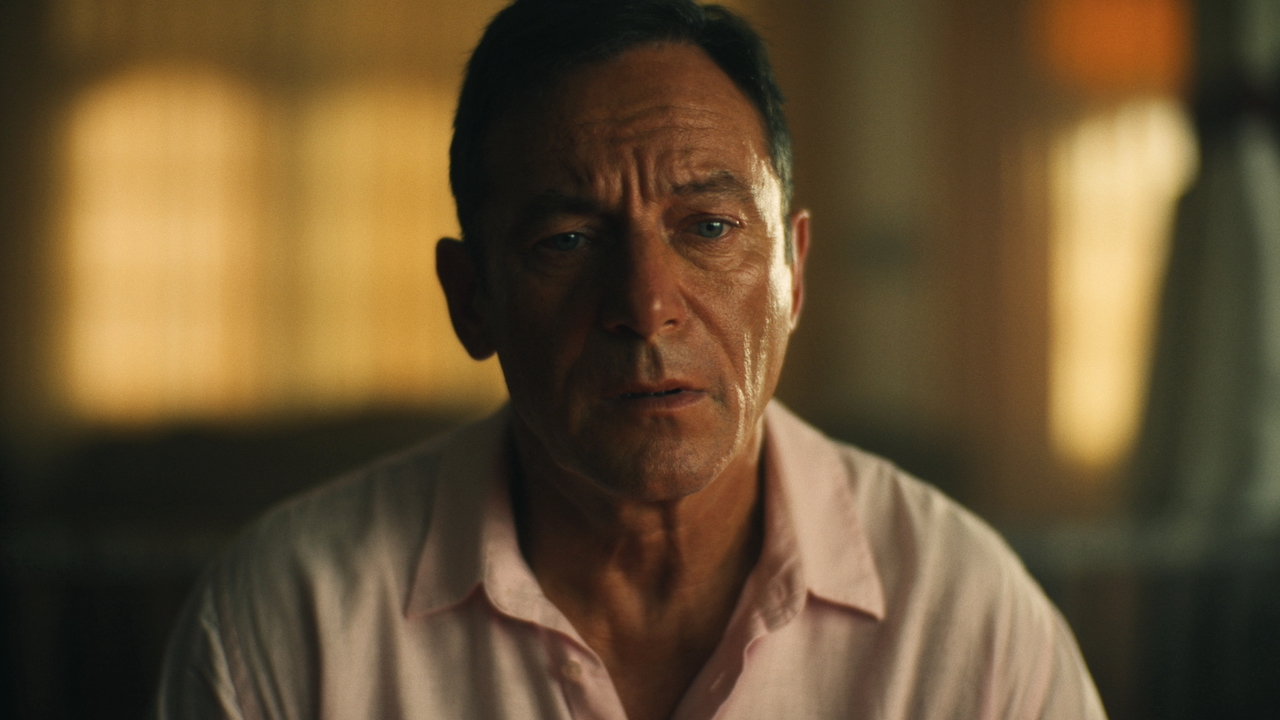I Rewatched Whiplash And I Am Still Conflicted About The Ending
I am still haunted.
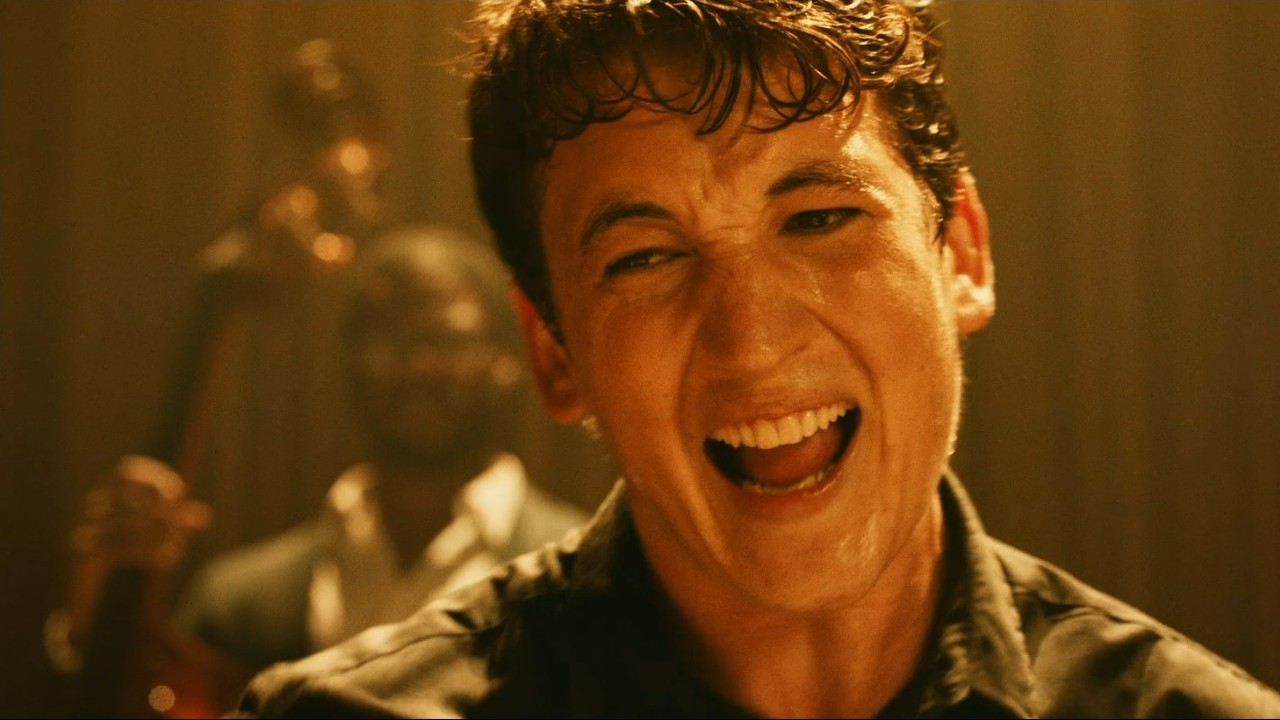
Whiplash is one of my favorite movies of all time. I instantly loved it after the first viewing. However, it’s a very intense and anxiety-inducing film, so I don’t watch it often. In fact, it was a film I loved that I thought I could only watch once. The first experience was traumatic enough. However, I recently decided to conquer my fears and rewatch Whiplash. It remains one of my favorite movies and also stands as one with a confusing ending.
I don’t mean confusing in the sense that it’s so complex that it goes over my head. I mean confusing in how layered and complicated it is, not just for Andrew (Miles Teller), but viewers, like me.
Let me explain.
Warning: Whiplash spoilers are ahead. Proceed with caution.
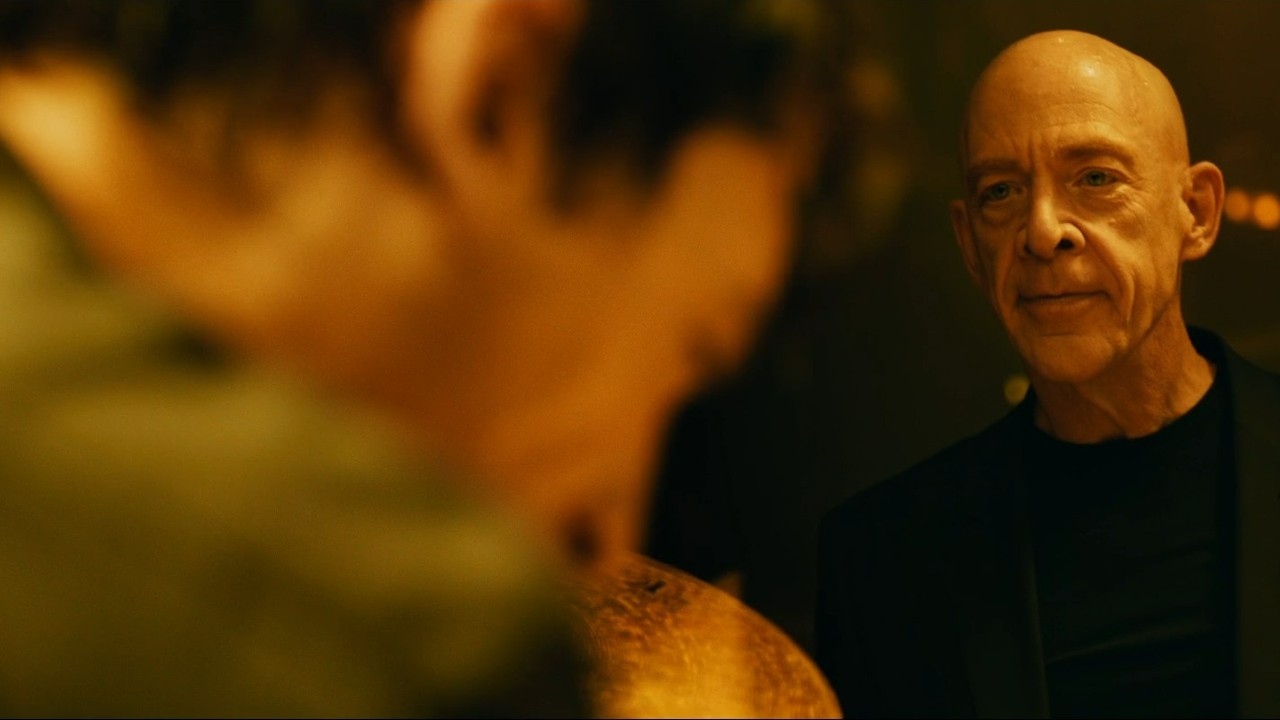
Some Could View The Whiplash Ending As Tragic
The ending of Whiplash involves Fletcher (J.K. Simmons) making one final attempt to humiliate Andrew for getting him fired. However, Andrew doesn’t back down after a mistake and continues to play. He takes control of the performance and becomes the focus. The film ends after Andrew has put on a major solo performance.
Now clearly this could be read several ways. However, the tragedy of it is that an abuser basically wins. His methods have been proven successful. Not only that, Andrew is still so desperate for Fletcher’s approval that he pushes himself to an extreme. He also becomes quite selfish and attention-seeking at that moment. Yes, he achieves greatness but the movie purposely ends with Andrew continuing to play.
He still doesn’t get a break or the applause and rest he deserves. Andrew places this abusive figure above even his loving father. The abuser has taken control of him completely. Most likely, Andrew will continue to play for Fletcher and he will continue to abuse him. They both think this is what’s necessary to achieve greatness.
CINEMABLEND NEWSLETTER
Your Daily Blend of Entertainment News
Even sadder, we see Andrew becoming Fletcher. He will probably soon become as cold, focused, and heartless as his instructor. We can already see Fletcher's traits coming out of him. Additionally, this is one of those films about an antihero and complex figure. In many ways, it’s an artist-as-a-jerk movie. It’s a genius who believes the only way to succeed is through unwavering devotion and sacrifice to the craft. All humanity could be lost in favor of achievements.
We never see a real major alternative to Fletcher’s abuse, but maybe Andrew would have been driven even without constant verbal, physical, and emotional abuse. Fletcher and Andrew’s relationship may have pushed Andrew beyond his limits, but there is no proof that other methods couldn’t have inspired the same level of dedication, success, and commitment. Struggling is presented as the only way to reach greatness.
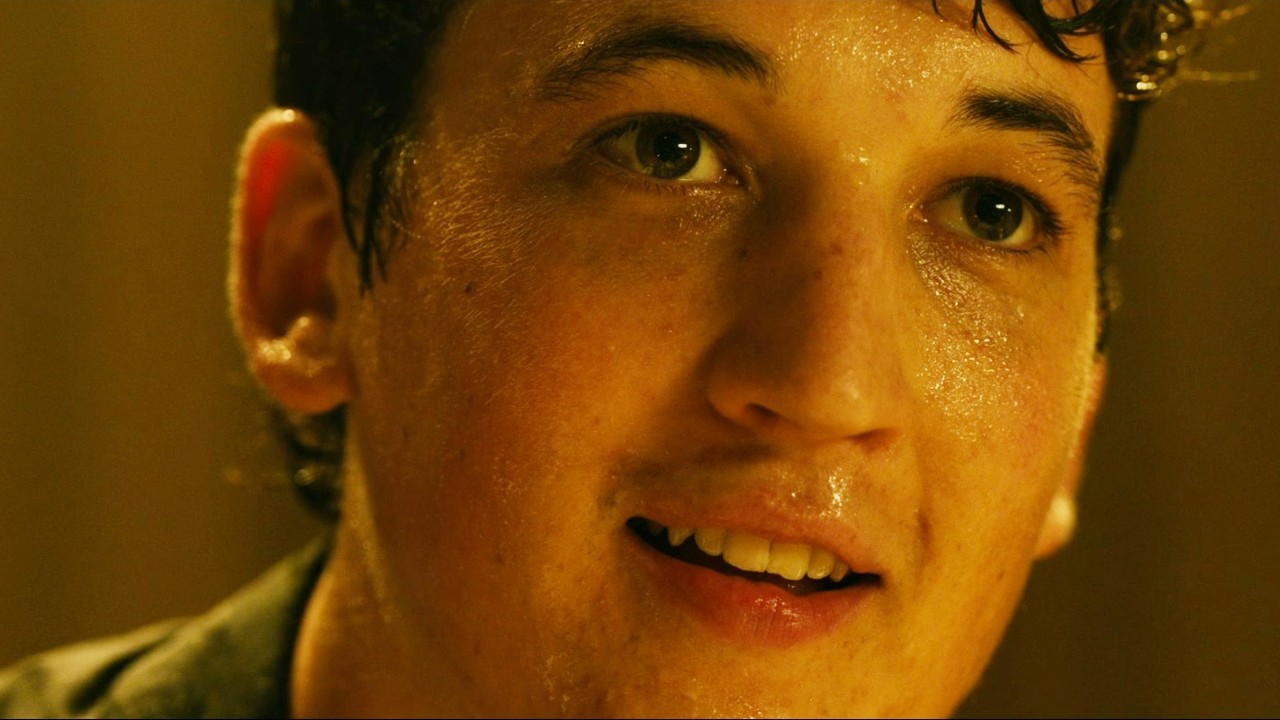
Others Could View It As Aspirational
Now, when I first saw it, I was horrified by the ending. It was just as scary as some of the best horror movies. The idea of Andrew not only getting wrapped back up in Fletcher’s web of abuse but doing it happily left me stunned. However, I did see some takes of the film that saw it as an aspirational ending. These people viewed the Whiplash ending as Andrew winning the ultimate battle with Fletcher: He proved he was or could be one of the greatest musicians of all time.
Some even saw it as him defeating his abuser by showing that despite the abuse, not because of it, he was able to do something brilliant and memorable. The final moments are something to admire, not fear. The ending also shows that true genius and success require sacrifices, but greatness can happen if you work hard enough.
I could see how this take worked based on Whiplash evidence. Even after my initial viewing, I knew it would inspire different responses, and I wasn’t quite sure how I read it. I just knew I loved it. This was a movie experience I will never forget. But, because the whole film created such anxiety for me, the ending felt more tragic than hopeful.
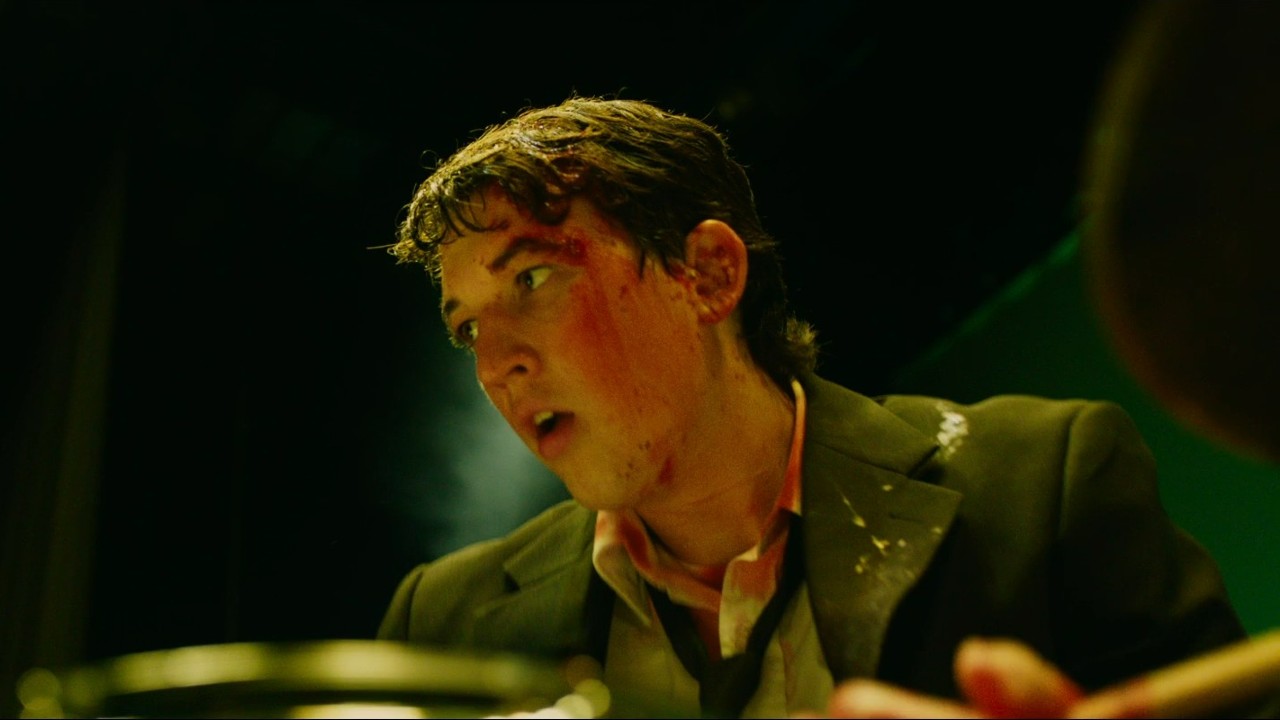
Now, I View It As A Little Of Both But Not As A Happy Ending
Rewatching Whiplash made me see more of its nuances. It’s a really stressful movie but also about an artist’s battle to achieve something great. Fletcher represents people who abuse artists and authority figures who intimidate, but he also represents the obstacles to success. He is all the barriers people face on their way to accomplishing a dream.
He’s the person who tells someone they’re not good enough. And as he said, if they’re really not, they’ll stop pursuing their dreams. So the Whiplash ending could be seen as an underdog overcoming his biggest threat. It could also inspire some artists who are considering giving up or have stopped going after their dreams to continue on the path of their goals.
Nonetheless, at its core, this is still a movie where an abuser tries to break his victim one last time. Then, he instead wins him back and the abuse cycle continues. That’s horrible. Even if you look at it from an aspiration lens, it’s still not a happy ending. Andrew will have to continue to overcome these damaging obstacles to reach the level of artistry he wants. He’ll continue to push away his father, any love interest, friends, etc. In a sense, Fletcher creates a future star and a monster when he allows Andrew to see his potential greatness.
Maybe that’s a happy ending for Fletcher and Andrew, but in the grand scheme of life and joy, it’s miserable.
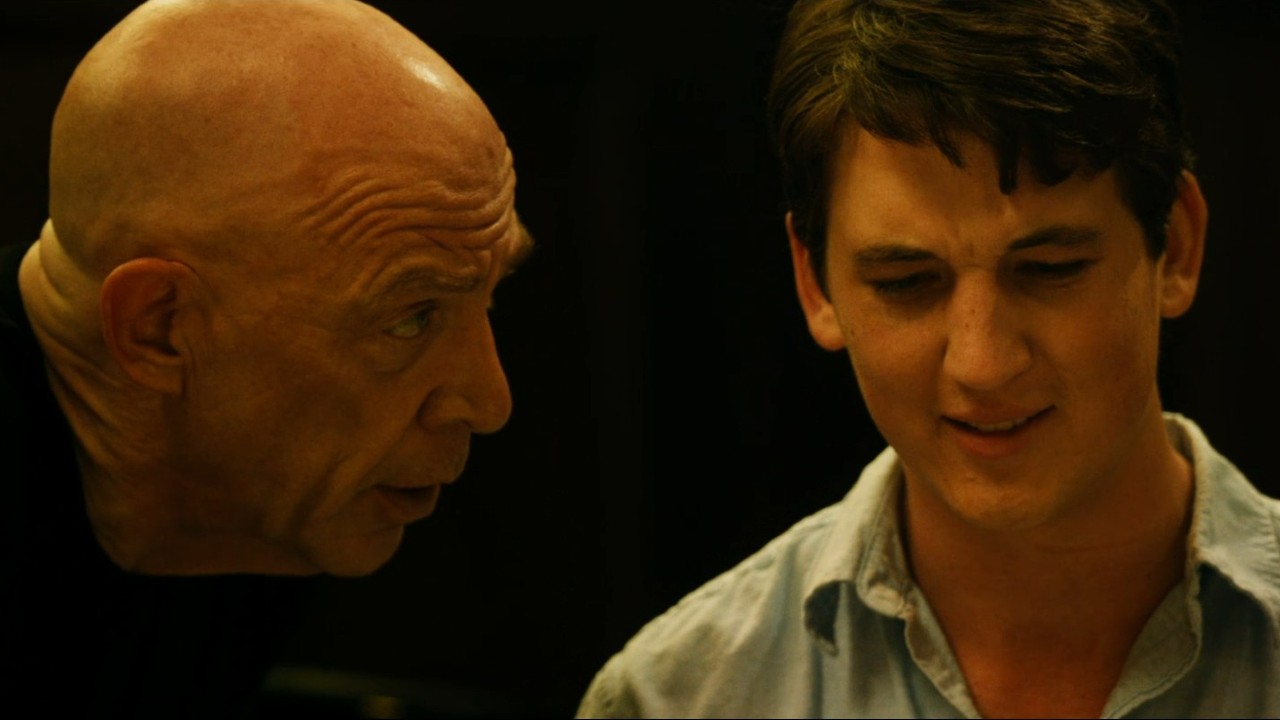
The Complex Ending Is Part Of Whiplash’s Brilliance
I don’t love Whiplash because it’s this fun, happy movie about music. I love it for all its complex layers and not providing simple answers. It shows the very gritty, soul-crushing, and physically and mentally damaging pursuit of greatness. Whether you make music, write books, act, or pursue any creative profession, you know the struggle of it. It almost always involves some form of sacrifice or even abuse, maybe not to others, but yourself.
For example, Andrew’s hands physically bled to play. I don’t know drummers but I am sure it involves some physical pain to win awards, have a long-standing career, etc. No profession is without sacrifice, but some seem more sacrificial than others.
Whiplash is brilliant from start to finish. The ending really seals it, though, as this complicated look at the artist’s journey, success, sacrifice, and abuse. I will never see the ending as happy, but I don’t necessarily see it as all tragedy anymore. It’s a fitting end to a magnificent movie.

Spent most of my life in various parts of Illinois, including attending college in Evanston. I have been a life long lover of pop culture, especially television, turned that passion into writing about all things entertainment related. When I'm not writing about pop culture, I can be found channeling Gordon Ramsay by kicking people out the kitchen.
